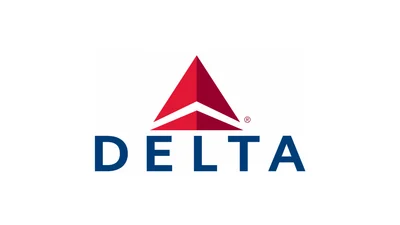After merging, Boeing reorganized around three main divisions: Commercial Airplanes, Defense & Space, and Shared Services. It retired several McDonnell Douglas aircraft models such as the MD-11 passenger plane and consolidated production efforts on its own product families. The integration brought financial benefits through increased bargaining power with suppliers and more stable earnings due to a diversified production backlog.
Critics argue that Boeing's culture shifted after absorbing McDonnell Douglas’s approach to cost management and scheduling. This shift reportedly moved Boeing away from its engineering-driven roots toward prioritizing financial metrics and efficiency. Harry Stonecipher, a former McDonnell Douglas leader who became CEO of Boeing, said his goal was to change Boeing into a business-focused organization rather than an engineering-led one.
This cultural transformation is cited by some industry observers as a contributing factor to later safety issues involving Boeing aircraft. Investigations following incidents with the Boeing 737 MAX pointed to ongoing cultural problems dating back to the merger era. Congressional inquiries highlighted concerns about concealment of information and pressure on employees regarding production schedules, while FAA reviews called for stronger oversight of delegated work.
There is debate over whether these changes directly led to the crashes involving the 737 MAX aircraft. While no direct causal link has been established between the merger and those incidents, many cite post-merger changes in company priorities as an upstream factor.
In response to these events, Boeing has taken steps to improve its safety culture since the crashes occurred. The company established a board-level Aerospace Safety Committee in 2019 and appointed a Chief Aerospace Safety Officer who publishes annual safety reports. Employee reporting of safety concerns increased significantly in 2024 after initiatives encouraging open communication were introduced.
Boeing also implemented a company-wide Safety Management System approved by the FAA in 2020 and expanded it following further incidents such as the Alaska Airlines door plug blowout in 2024. Externally, FAA oversight of Boeing has intensified with new production caps for certain aircraft families and limits on certification authority for new products.
The consolidation resulting from this merger marked not only reduced competition but also signaled a broader change within Boeing itself—from an engineering-focused organization to one driven primarily by business considerations.
 Alerts Sign-up
Alerts Sign-up





































